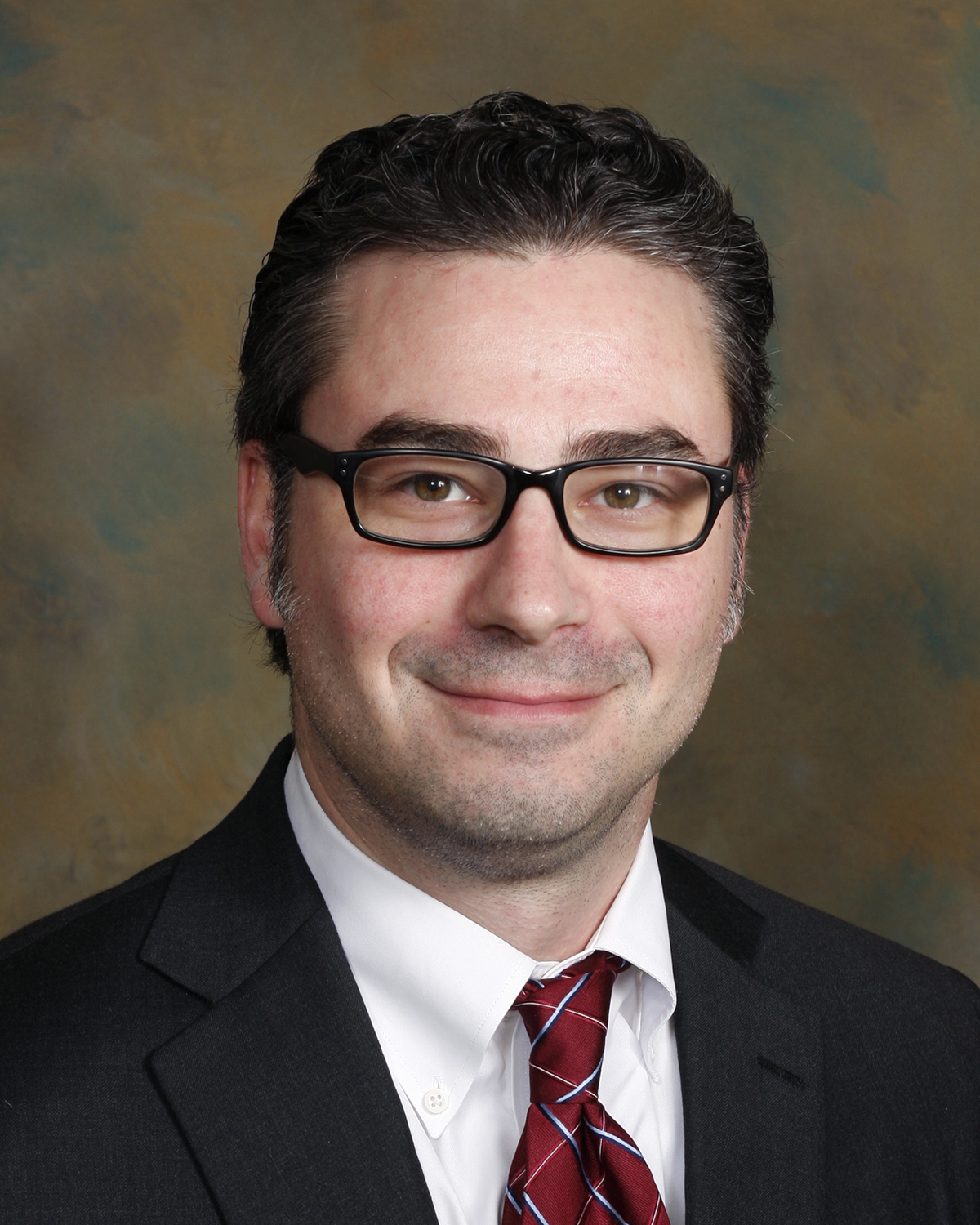Michael Evans, PhD, Awarded Major Grant from the Tuberous Sclerosis Complex Research Program of the Department of Defense’s Congressionally Directed Medical Research Program
 Nearly one million people worldwide are estimated to have tuberous sclerosis complex (TSC), with approximately 50,000 affected in the United States. TSC is an inherited disorder characterized by genetic mutations in a class of genes termed tumor suppressors, which constitute one of the body’s natural defenses to prevent a normal cell from acquiring the properties of a cancerous cell.
Nearly one million people worldwide are estimated to have tuberous sclerosis complex (TSC), with approximately 50,000 affected in the United States. TSC is an inherited disorder characterized by genetic mutations in a class of genes termed tumor suppressors, which constitute one of the body’s natural defenses to prevent a normal cell from acquiring the properties of a cancerous cell.
Because the mutations causing TSC occur very early in development, they are present within every cell in the body. As a result, masses consisting of abnormally large or proliferating cells (i.e. “tubers”) arise within many organs simultaneously, including the brain, eyes, heart, kidneys, skin, and lungs. Depending on where or when during childhood and adolescence the tubers arise in the body, the clinical symptoms of TSC can be severely debilitating (e.g. poor cognitive development, epilepsy) or even fatal (e.g. death due to metastatic cancer).
“The progression of TSC is highly unpredictable—some kids can grow up normally, while other children may develop epilepsy or malignant and potentially fatal cancers as an adult,” explained Michael Evans, PhD, assistant professor in residence in the UCSF Department of Radiology and Biomedical Imaging.
In part because of the unpredictable progression of TSC, but also because physicians cannot clearly identify with imaging which masses are truly problematic, individuals with TSC can often progress beyond a disease stage that is curable with surgery and/or radiation therapy. Moreover, some masses reside within or nearby sensitive organs (e.g. the brain), which can significantly elevate the risk associated with surgery and radiation therapy. Patients that do not qualify for either of these measures currently receive the drug everolimus (Afinitor.) However, everolimus only stalls the growth of tubers, and is not curative. On this basis, there is an urgent clinical need to develop truly curative drugs for the treatment of tubers arising from TSC.
Dr. Evans was recently awarded a research grant that aims to develop new drugs to more effectively treat or eliminate TSC. Dr. Evans, in collaboration with Professors Jim Wells and Davide Ruggero of UCSF, and Professor Elizabeth Henske of Brigham and Women’s Hospital, have developed an innovative strategy that will allow them to screen for antibody fragments specific for cells lacking TSC1 or TSC2. These antibody fragments can ultimately become candidates for maturation into antibody-drug conjugates, a class of drugs that has already been successfully applied to treat major public health challenges like metastatic breast cancer. The award —presented through the Congressionally Directed Medical Research Program—will fund Dr. Evans’ application, “Developing new ablative therapies to treat tuberous sclerosis complex,”with $450,000 in funding over the next three years.
For Dr. Evans, this grant presents a new opportunity for research that’s outside the realm of his traditional scientific interests. Most of the research he’s been involved in thus far in his career has been on adult cancers, particularly prostate cancer, but some shared molecular features between tubers arising from TSC and prostate cancer provided the scientific basis for this new direction.
In addition to being passionate about the prospect of developing ablative therapies to better treat TSC, Dr. Evans is also looking forward to partnering with a number of UCSF colleagues across UCSF Imaging. “There is a coalition of TSC researchers scattered throughout the department who will begin collaborating on this work,” he said. He adds, “the antibody fragments derived from this project could also be rendered into molecular imaging tools to better distinguish clinically problematic tubers from benign masses.”
Ultimately, this research aims to significantly expand the life span of those who are affected by TSC and cure the disease through molecular profiling. Please stay tuned for more information as the study progresses.
